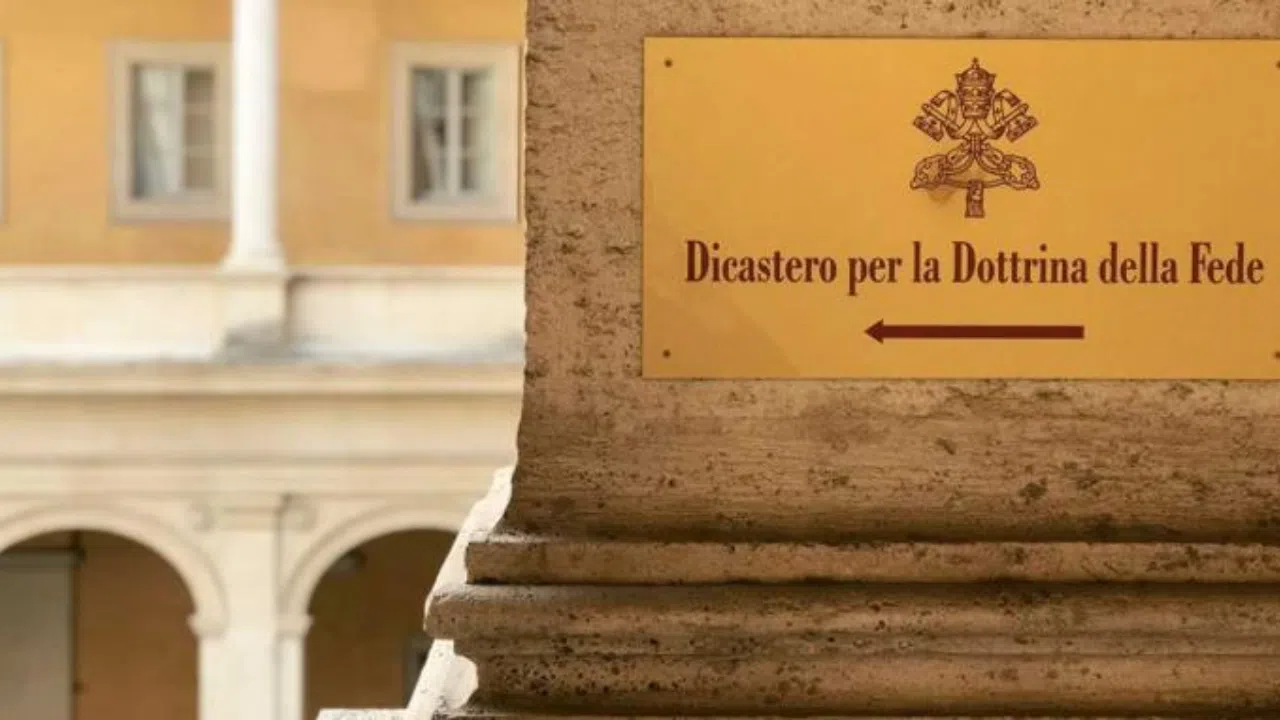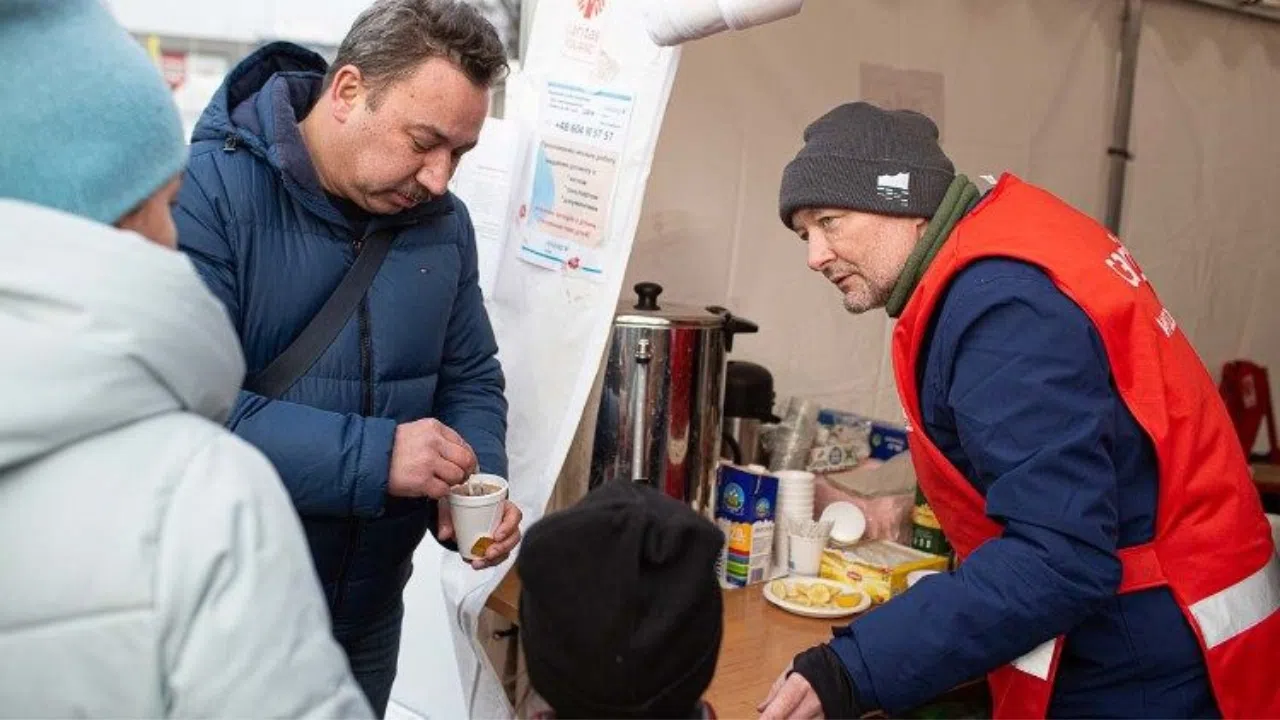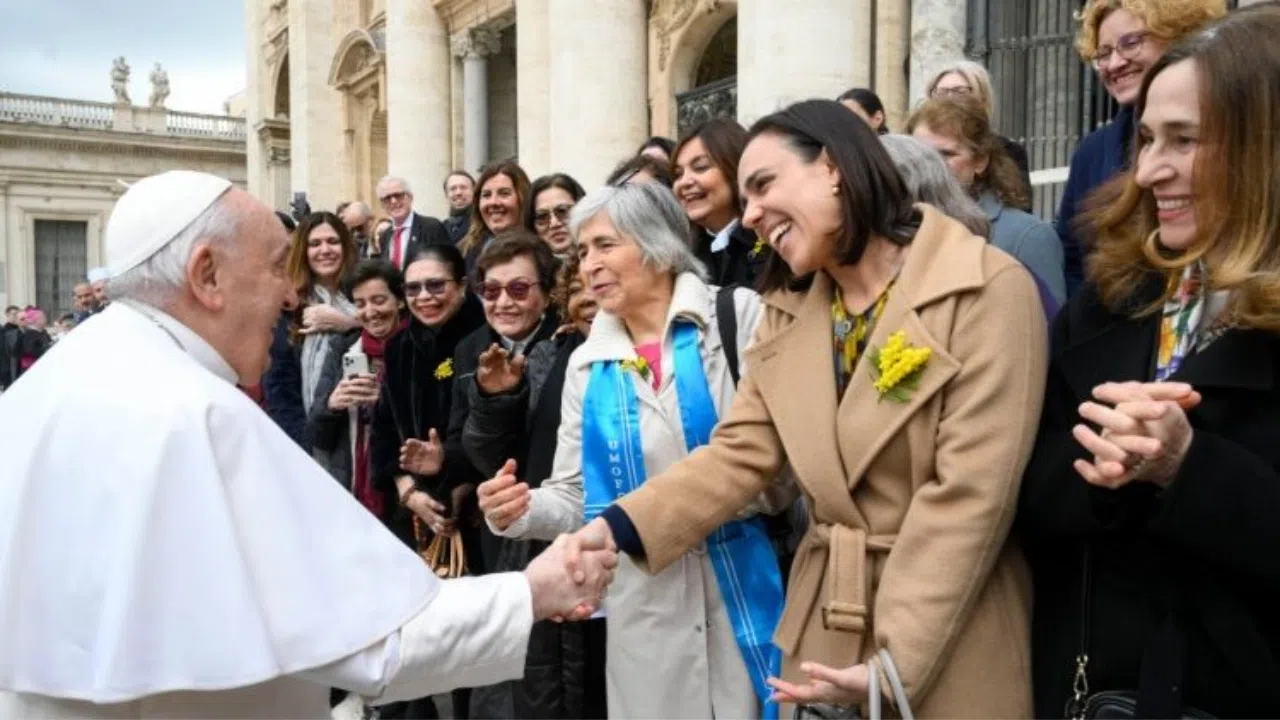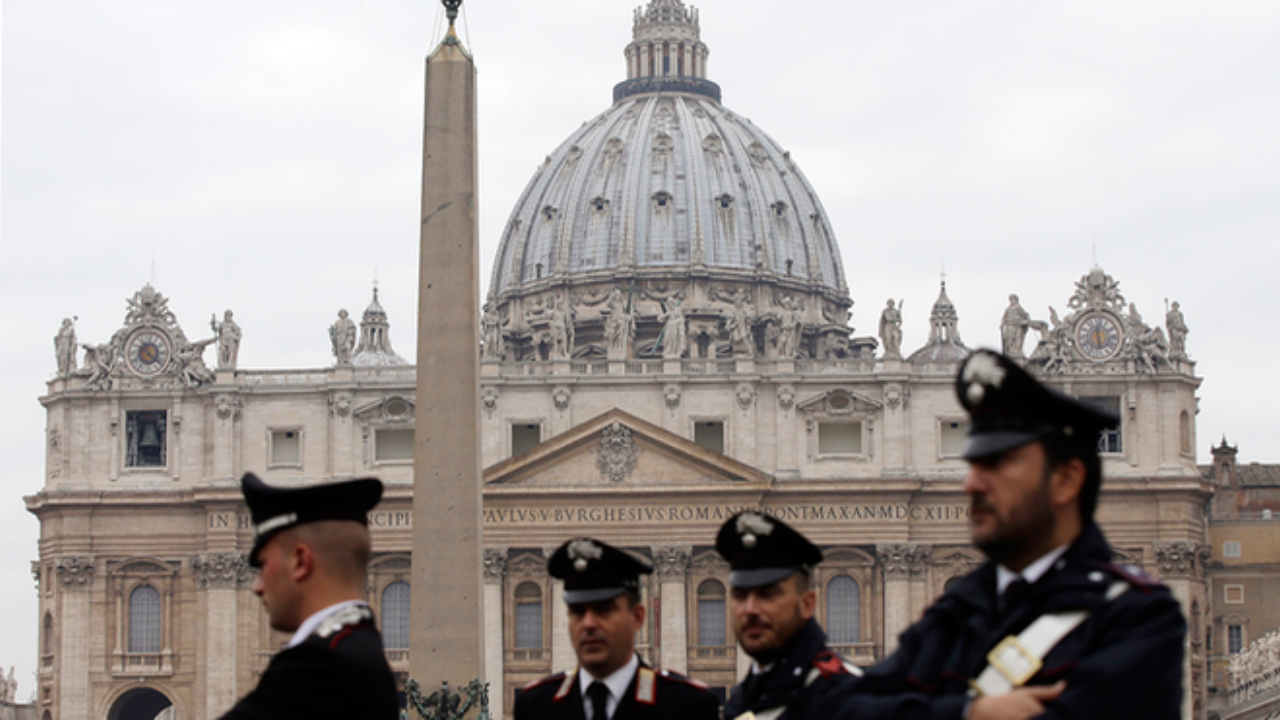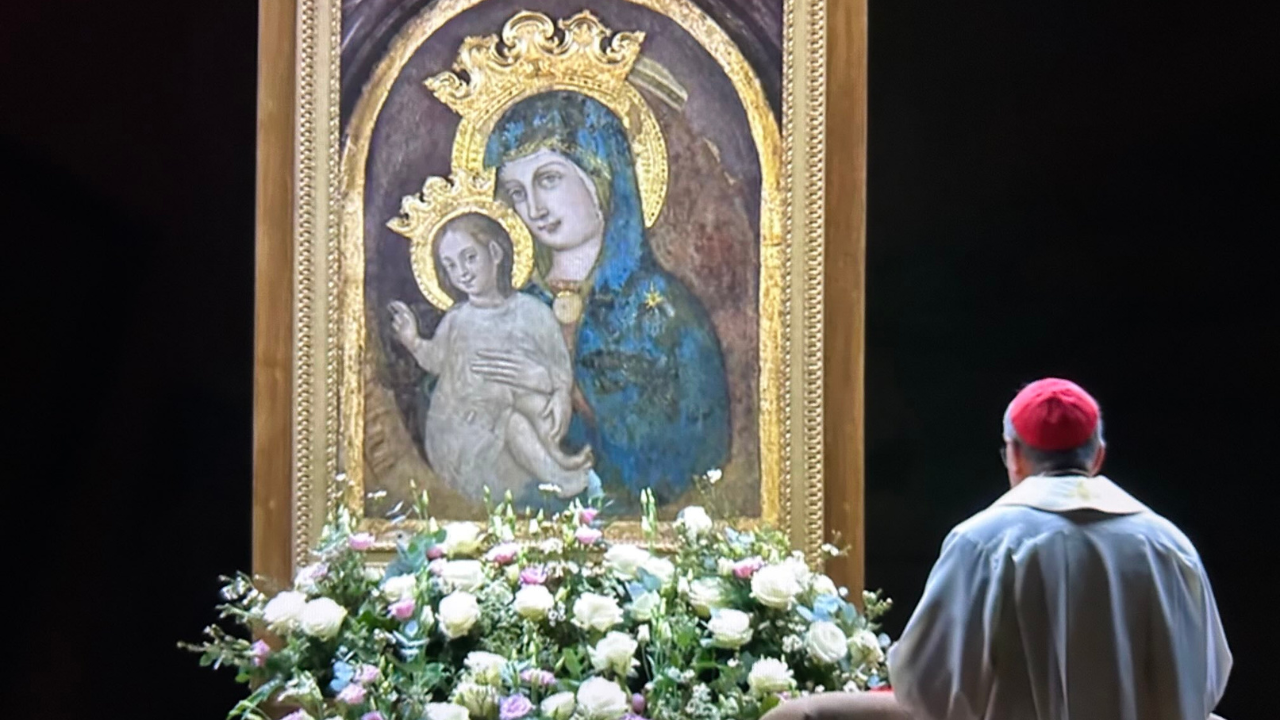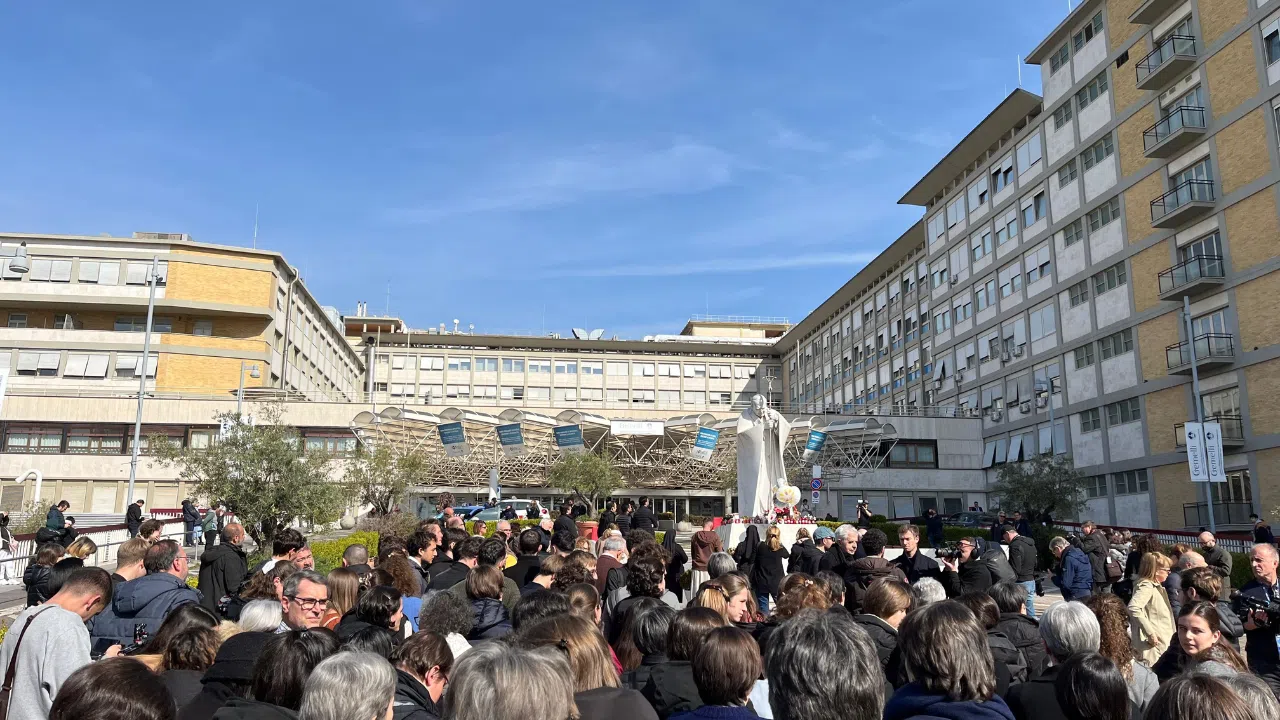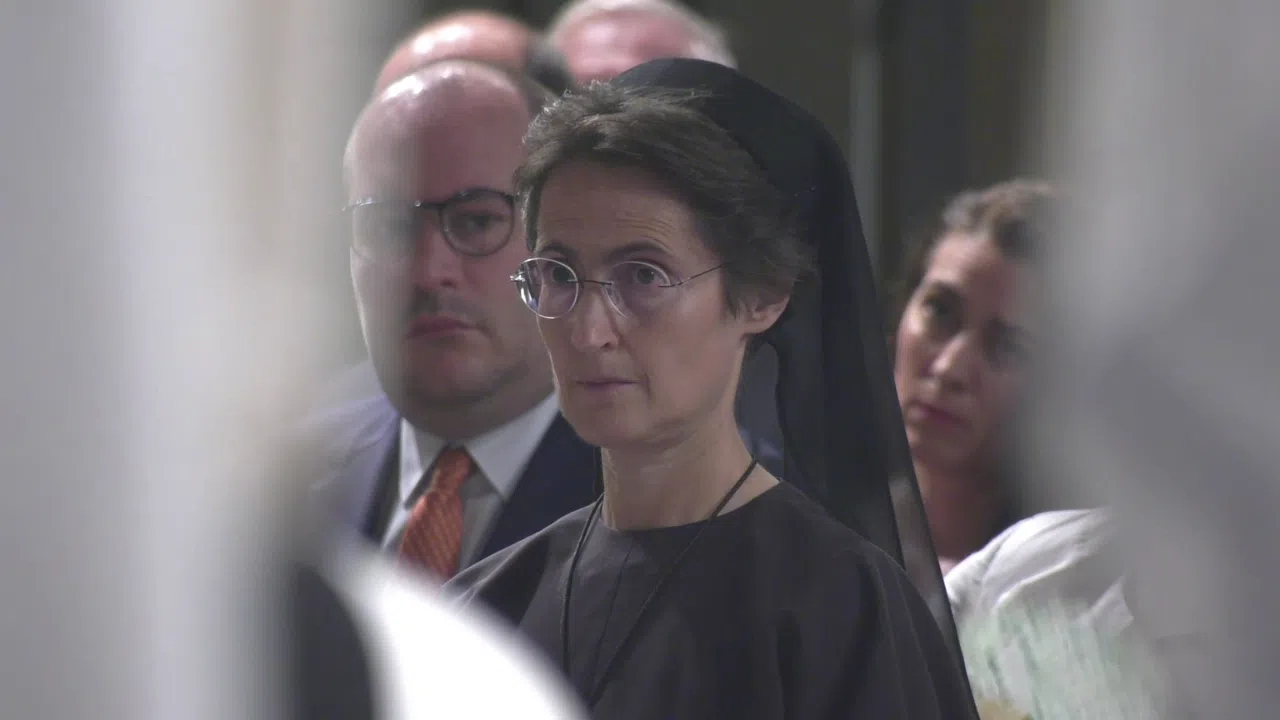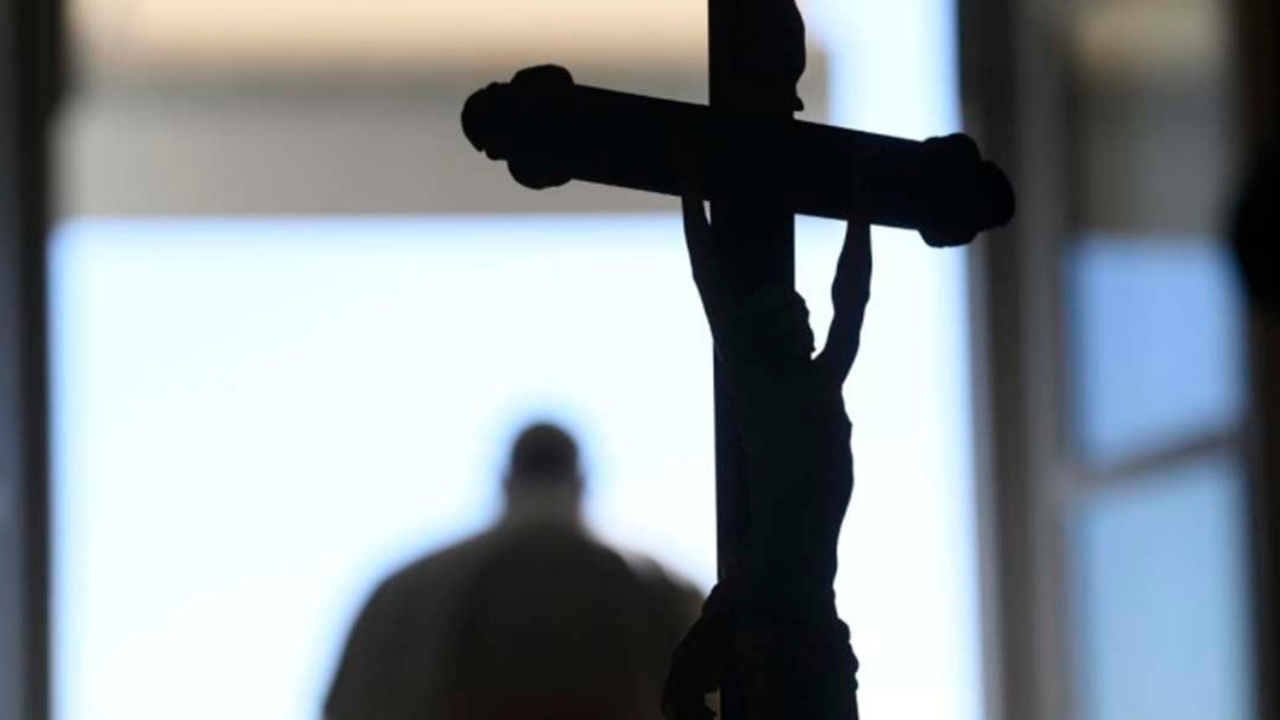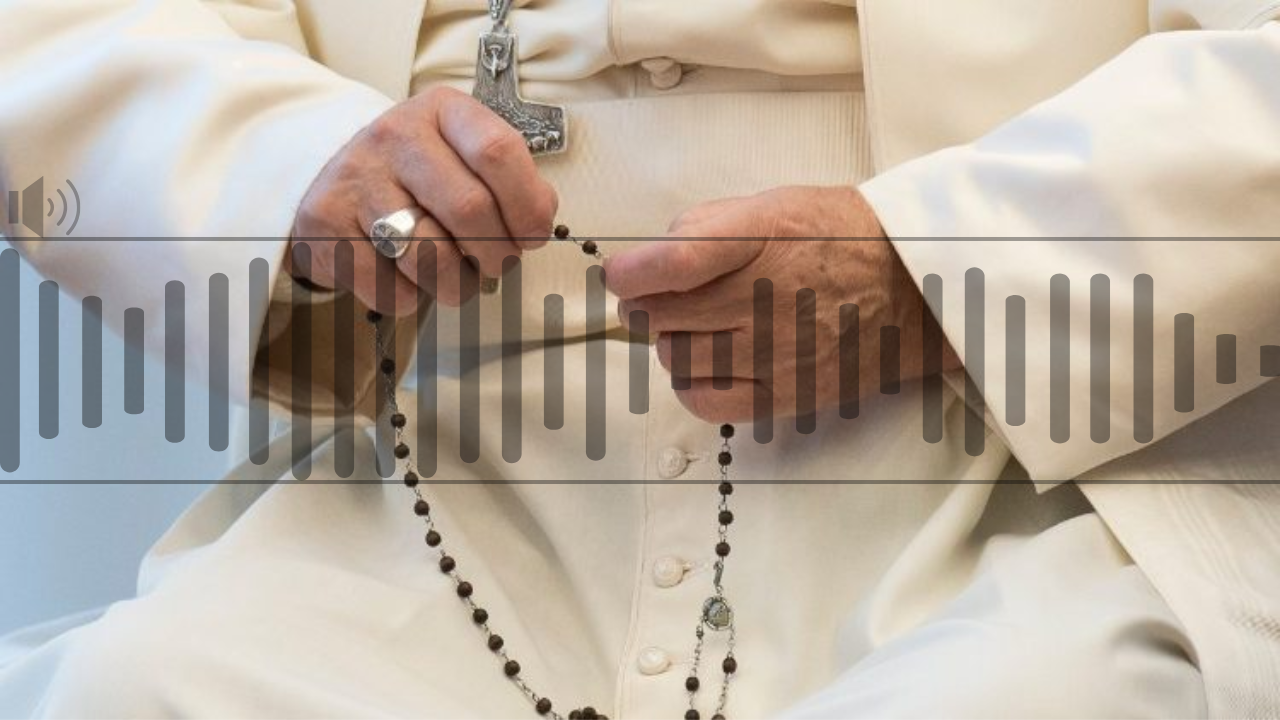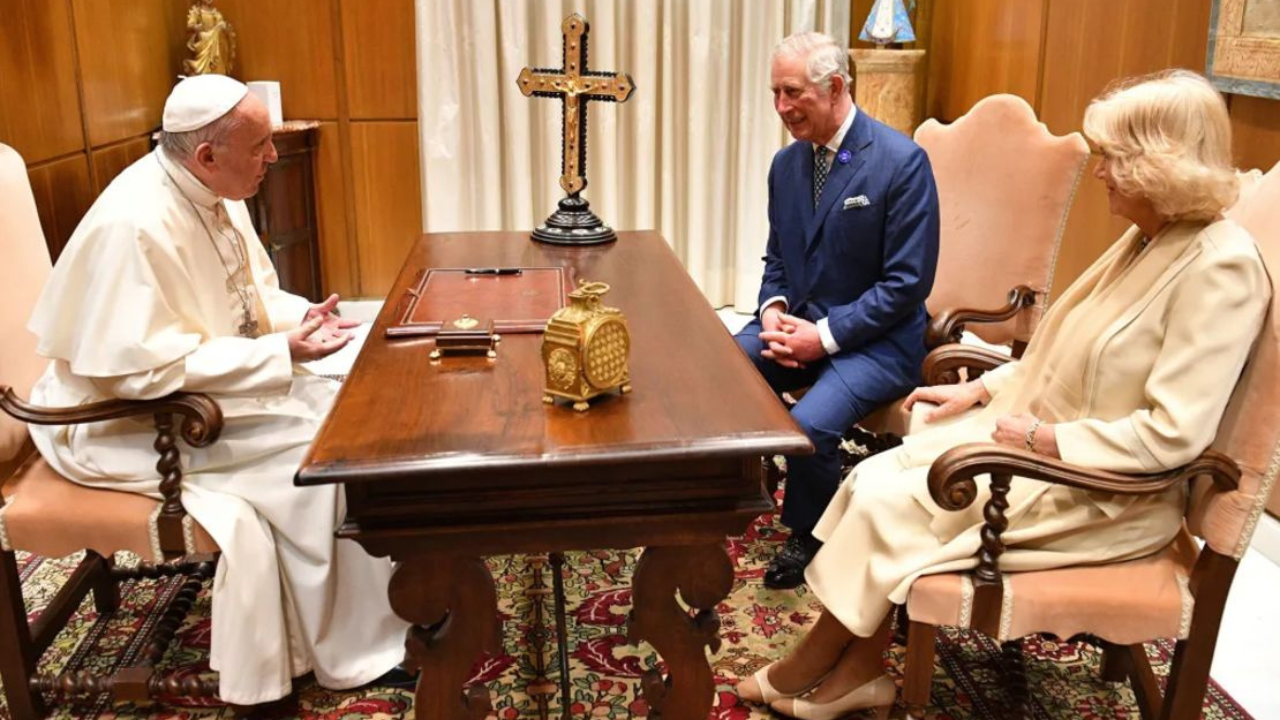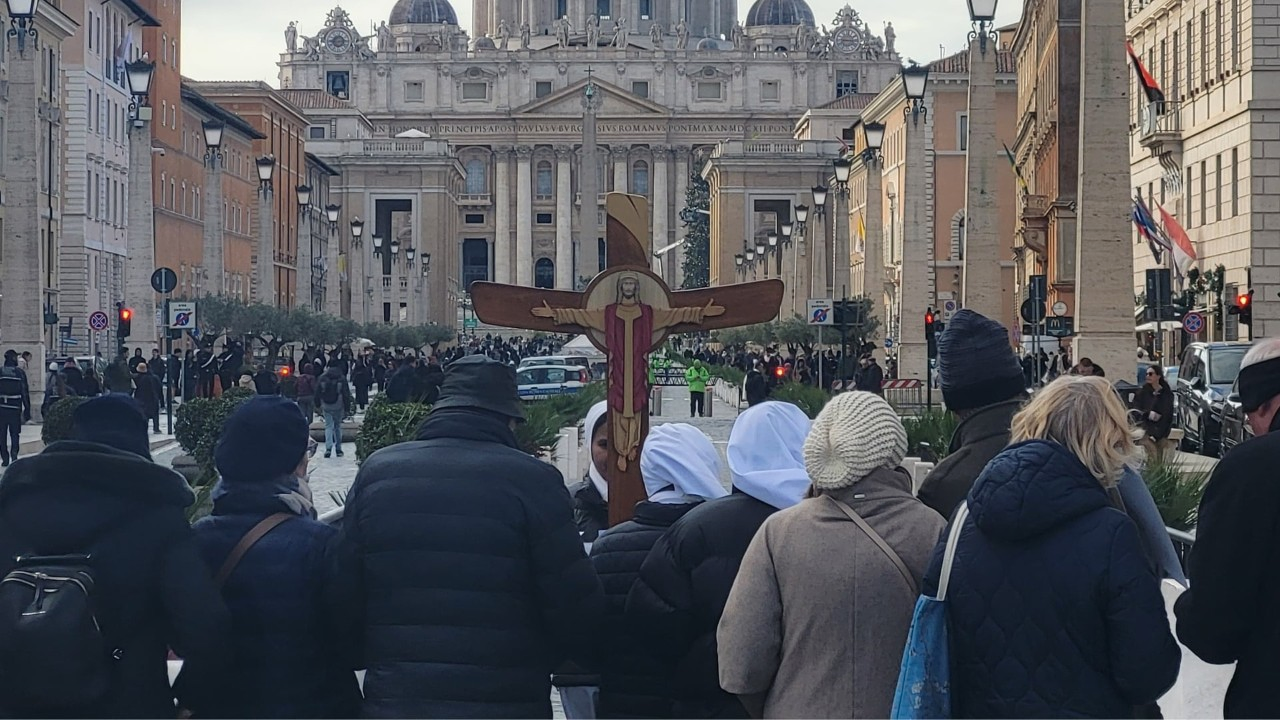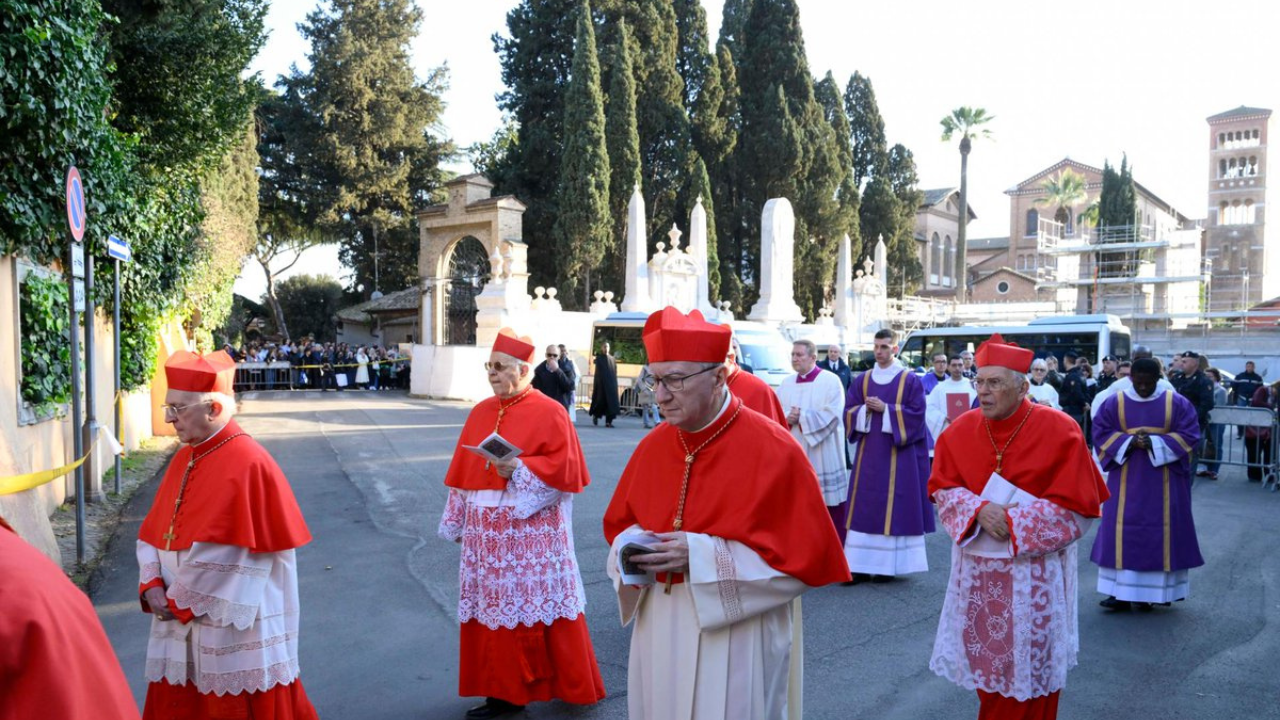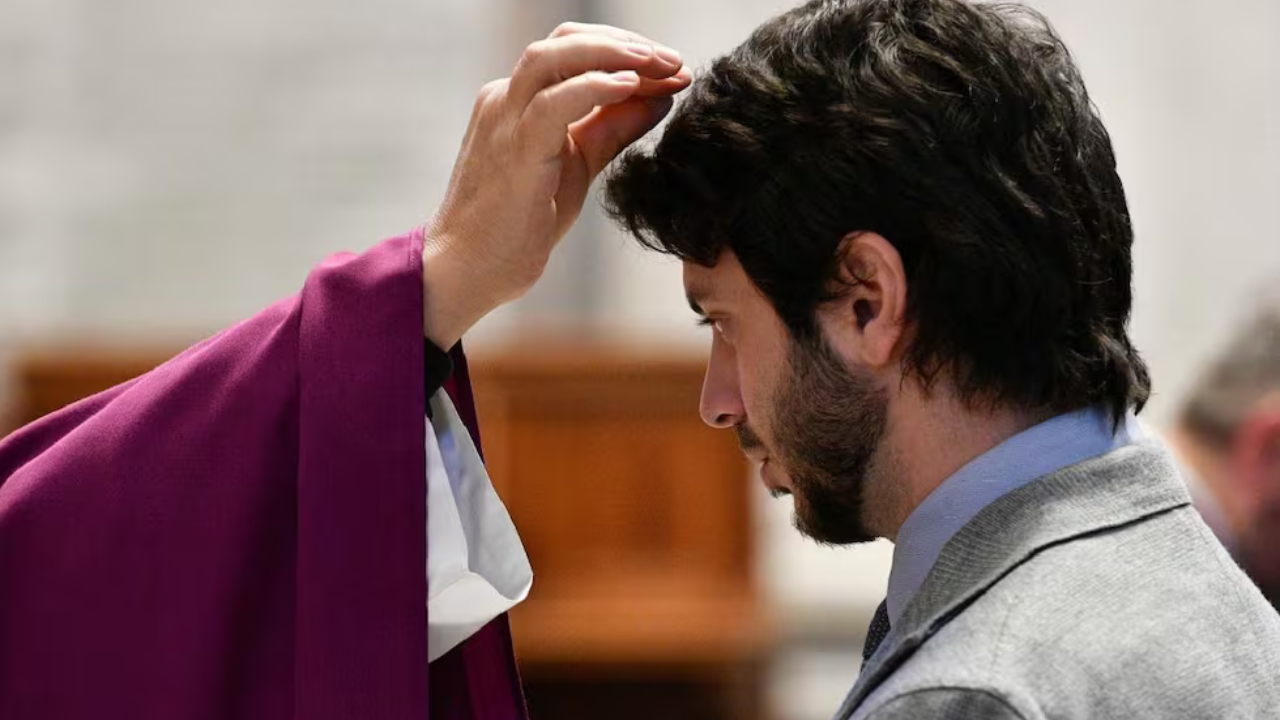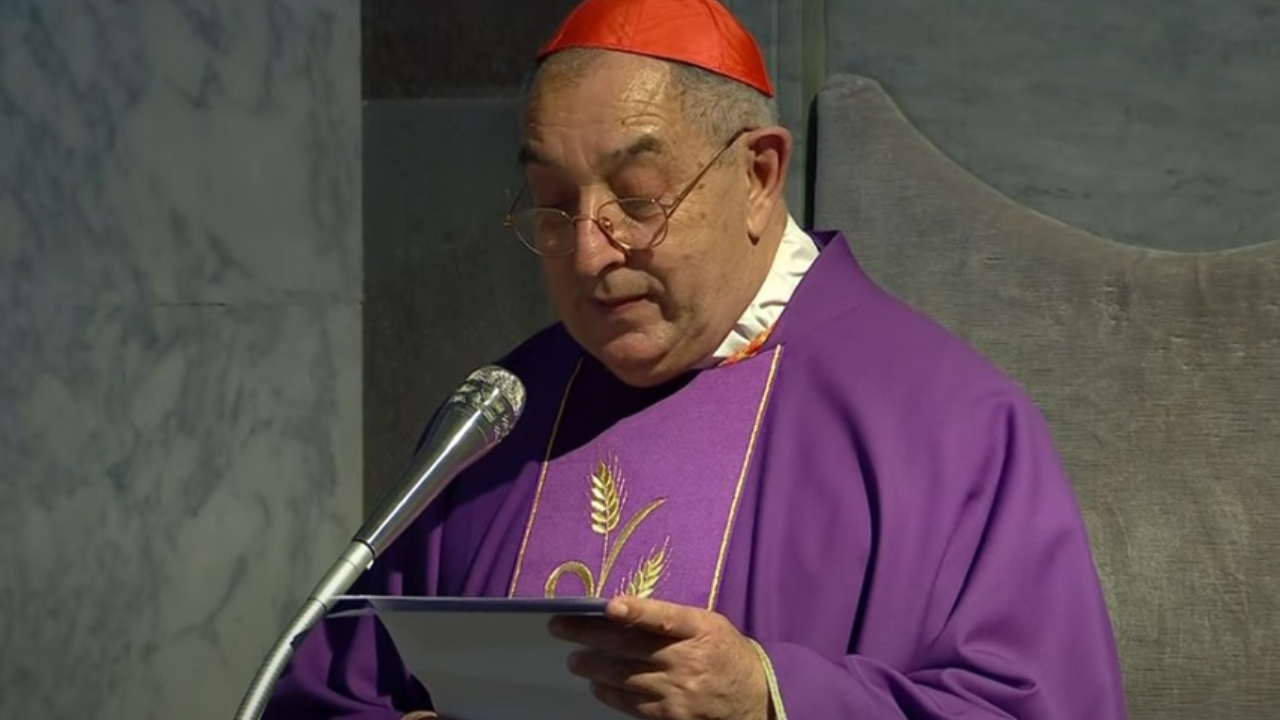At the start of the 20th century, 6.5 percent of Iraqis were Christians. Now they’re less than one percent.
The arrival of ISIS paused the final stampede. In 2003, there were 1.4 million Christians in the country. Now there are an estimated 250,000.
They don’t return out of fear, but also because of a lack of economic stability.
Institutions from many countries are working to rebuild civil society in Iraq and to create new employment opportunities. One of them is called “Hungary Helps.” It’s part of the Hungarian government and includes a department dedicated to helping persecuted Christians.
TRISTAN AZBEJ
State Secretary for the Aid of Persecuted Christians
“First, our focus is to provide aid to reconstruction on the Nineveh Plains in order to enable people to return to their homeland.”
Tristan Azbej traveled to Kurdistan to see for himself the situation of the Christians they were helping. He highlights that the violence perpetrated by ISIS affected every community: not only Christians, but Muslims and Yazidis as well.
TRISTAN AZBEJ
State Secretary for the Aid of Persecuted Christians
“Sometimes they were offered the option to either convert or flee their ancient homelands, but some other cases, and this is relatively under-documented, they were murdered on the mass scale, almost at the level of genocide, murdered, it’s only a matter of definition.”
Tristan Azbej expects to travel to Iraq to attend the pope’s Mass in Erbil. They have provided medication, water and education to refugees in that city.
TRISTAN AZBEJ
State Secretary for the Aid of Persecuted Christians
“As it is planned at the moment, the Holy Father will visit several sites that have been reconstructed using donations from the Hungary Helps program for example in Qaraqosh, in Erbil and Mosul.”
Countries like Poland, Austria and the United States also have programs that provide direct aid to Christian communities from Iraq.
But Hungary is undoubtedly one of those that has contributed most directly, about $62.5 million.
JMB
